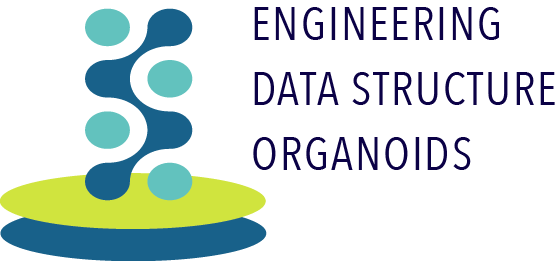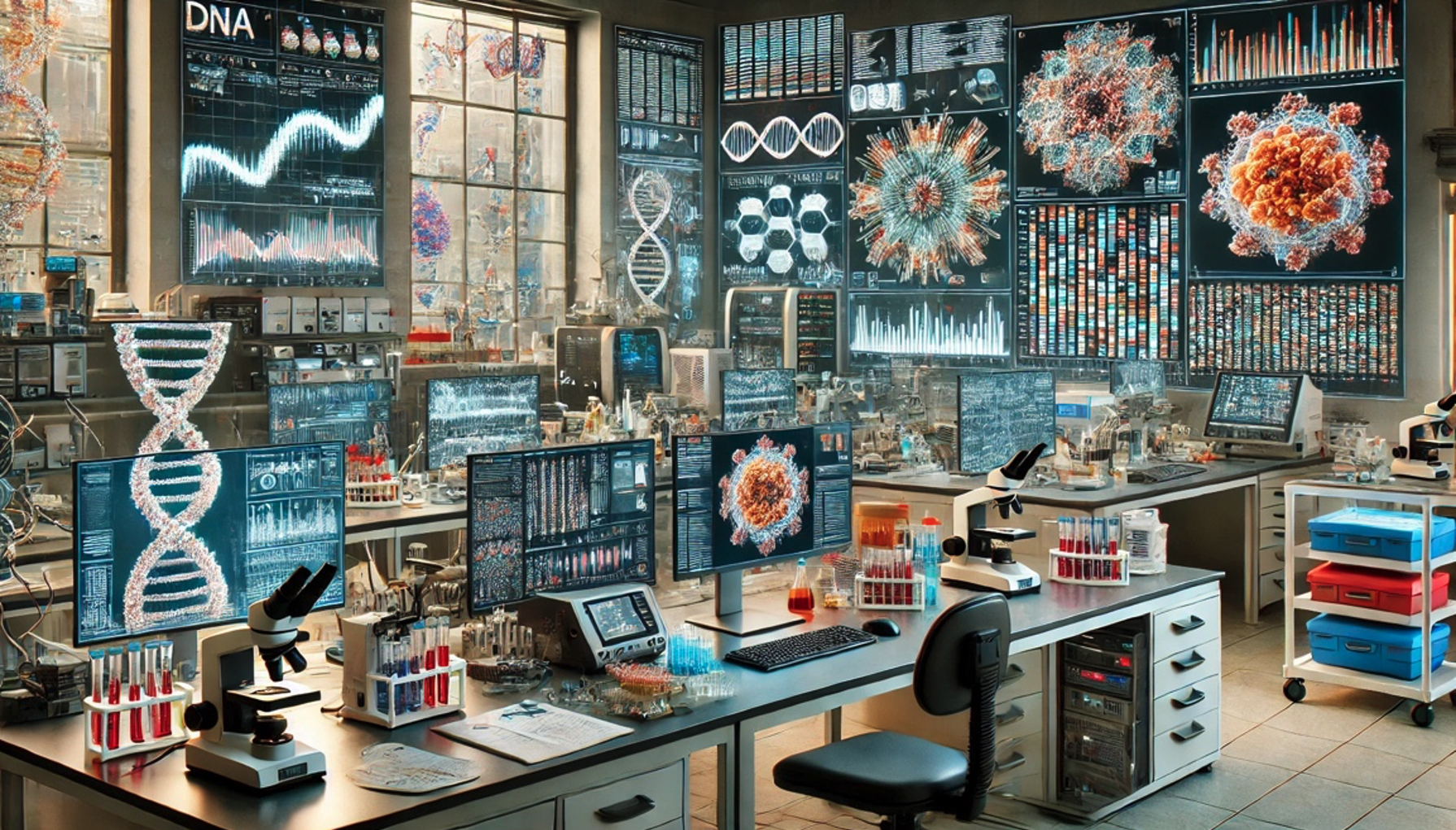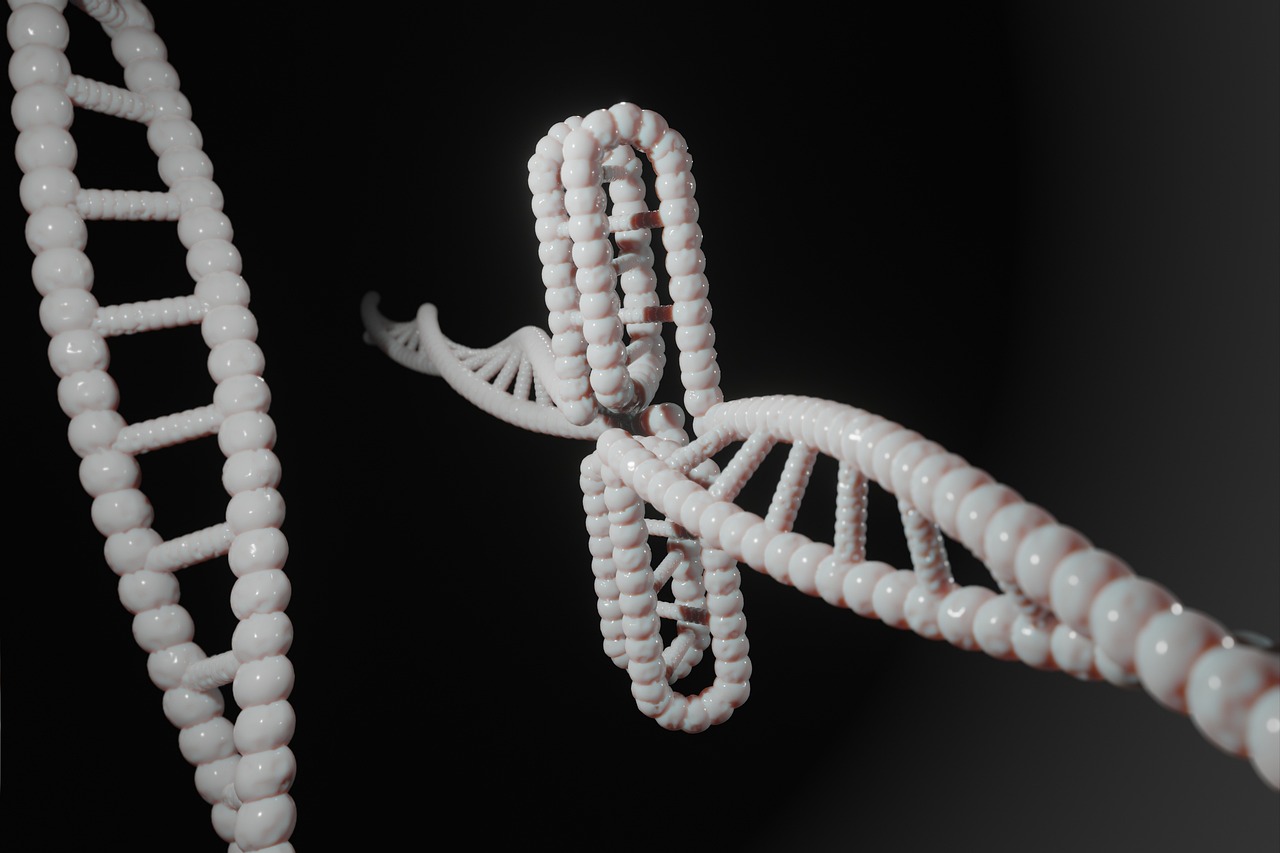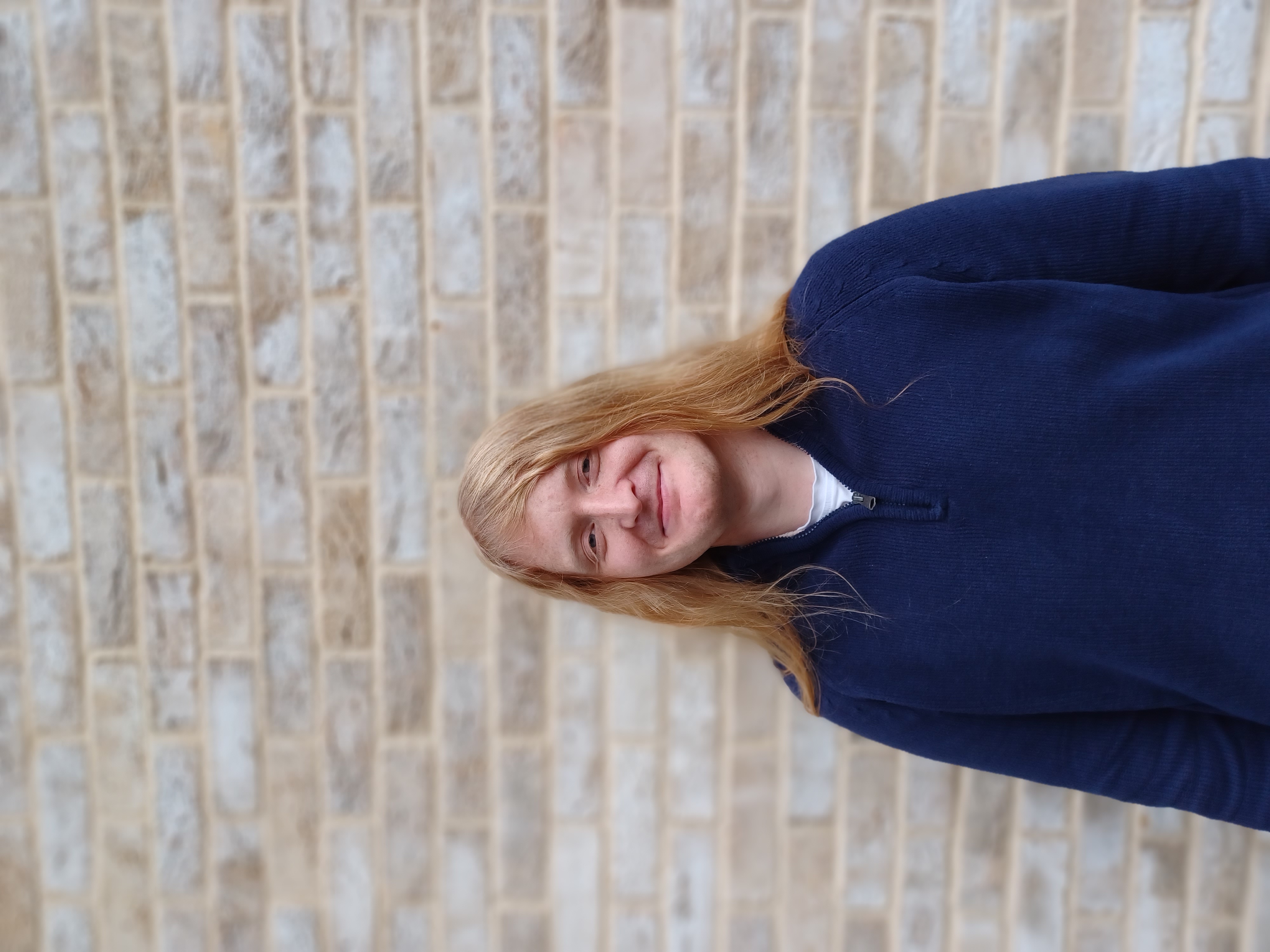Thinking the Unthinkable - Exploring Synthetic Biology Hazards
The Defence Science & Technology Laboratory (Dstl) and Newcastle Centre of Excellence in Cybersecurity & Resilience (NUCoRE) - nanobio cybersecurity chapter recently organized a thought-provoking workshop titled “Synthetic Biology: Hazards from Misuse.” Held on the 9th of November 2022 at the Frederick Douglass Centre at Newcastle University, this collaborative event aimed to anticipate and address potential challenges in the emerging fields of synthetic and engineering biology, including DNA data storage. With an emphasis on mapping the developments in the civil research sector over the next 5 to 20 years, the workshop sought the expertise of academic and industry scientists to better prepare for and protect against accidents and misuse.
The workshop witnessed an impressive turnout of 30 participants, hailing from diverse disciplines such as engineering biology, synthetic biology, chemistry, defence studies, social sciences, and more. The attendees were carefully selected from the participants of the preceding SBUK22 conference, ensuring a gathering of brilliant minds eager to contribute to the dialogue on synthetic biology hazards.
The event fostered a unique collaboration between defence and cybersecurity experts. This partnership reflected the shared commitment of both organisations to tackle the challenges posed by synthetic biology and ensure its responsible application in the future.
The workshop’s agenda featured two sessions. In Session 1, titled “Identify Technical Trends,” the panel proposed and discussed the challenges, issues, and objectives driving technology development in civil society. This comprehensive exploration shed light on how these factors interplay with synthetic biology-enabled tools and applications.
The subsequent Session 2, “How do trends enable hazards?” delved deeper into the subject matter by examining potential hazards and misuses stemming from synthetic biology tools and applications identified in Session 1. The panel deliberated on the susceptibility of various entities to these hazards and shed light on the possible manifestations of misuse.
By bringing together experts from different backgrounds, the Dstl-NUCoRE workshop successfully stimulated interdisciplinary discussions, enabling participants to gain valuable insights into the hazards associated with synthetic biology. This collaborative effort is crucial for the development of robust safety measures and frameworks to ensure the responsible advancement of this field.
The resounding success of the workshop signifies the importance of proactive engagement and collaboration among diverse stakeholders. It demonstrates how concerted efforts can pave the way for a safer and more secure future in the domain of synthetic biology.
To learn more about the work we are doing on Cybersecurity for DNA data storage or more generally on Nanobio cybersecurity and resilience reach out to us.




